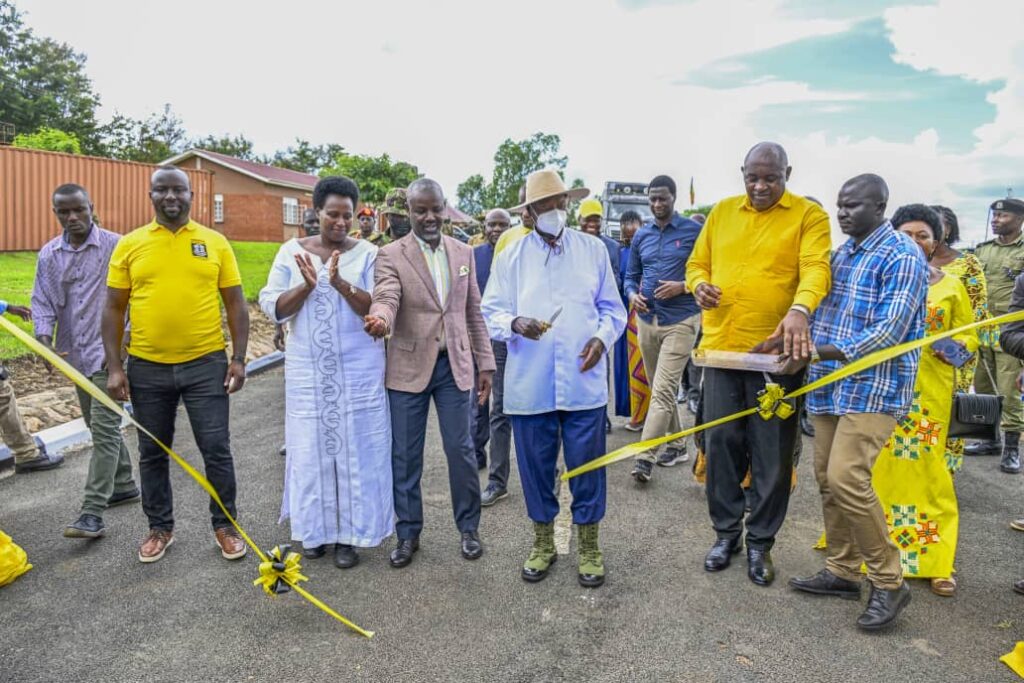
KASESE.
President Museveni has revealed how exposure to education transformed his perspective and inspired him to push for free education across Uganda.
“My father, Amos Kaguta, and his father were traditional cattle keepers. They had many cows, but they were not educated. So even though we had cows, we were not living a good life,” the President recounted.
“When I went to school, by the time I reached A-Level, I had already started asking myself why can’t Uganda, why can’t Ankole, become like Europe? That was the power of education.”
It was this realization, he said, that led the NRM government to prioritize free education in the 1996 manifesto.
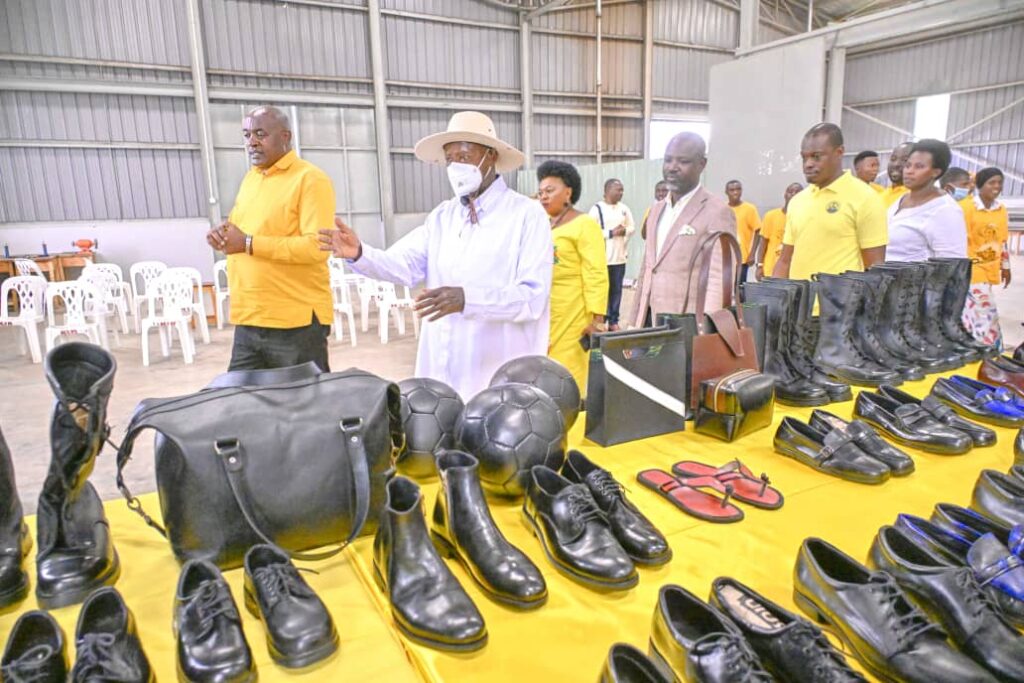
“I had seen what education had done for me. But in my primary school, many of my classmates dropped out because their parents couldn’t afford fees. Only a few of us made it to university myself, Kategaya, and a couple of others. The rest disappeared,” he said.
He likened the denial of education to a grave injustice.
“I said this is like murder when people aren’t educated, you’re killing their future. That’s why we insisted on free education in government schools, but people didn’t support it.
They were busy demanding more districts and cities. We said yes, we can have those too , but what should come first?” he inquired.
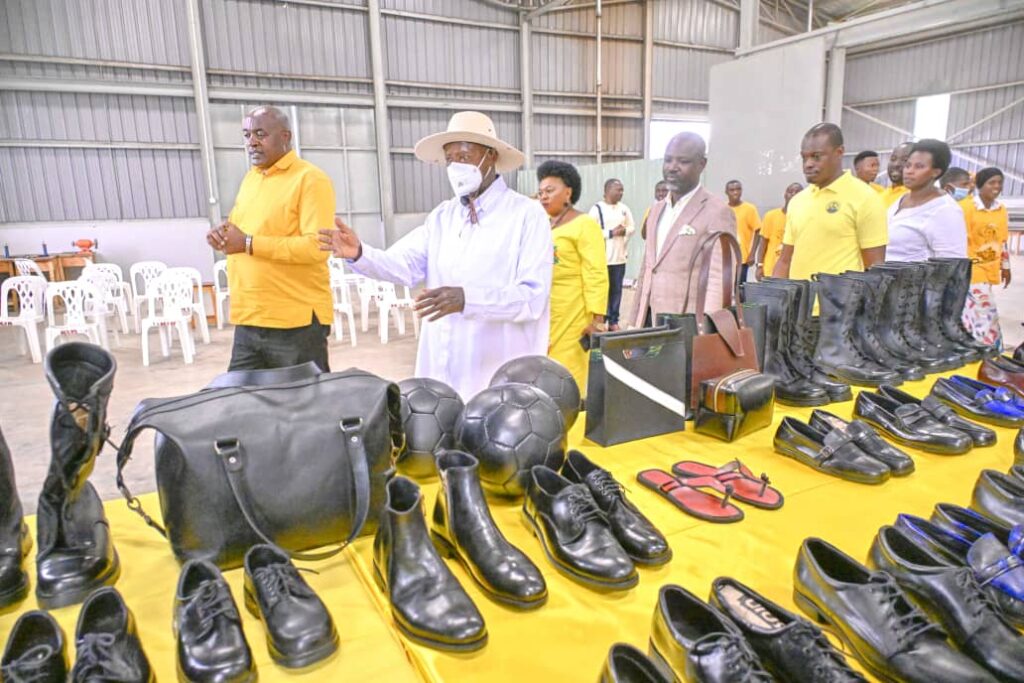
The president made the remarks Wednesday while launching the Rwenzori Zonal Presidential Skilling Hub in Mubuku Town Council, Kasese District, as part of the government’s ongoing effort to empower youth with practical skills.
During his speech, President Museveni emphasized that the National Resistance Movement (NRM) was founded to lift people up (okukyenuura), and that education is a critical tool in this mission.
“The NRM’s work is to okukyenuura, to lift people out of poverty. The Parish Development Model is aimed at helping families economically, but this hub is here to give knowledge. That’s another form of okukyenuura,” President Museveni explained.
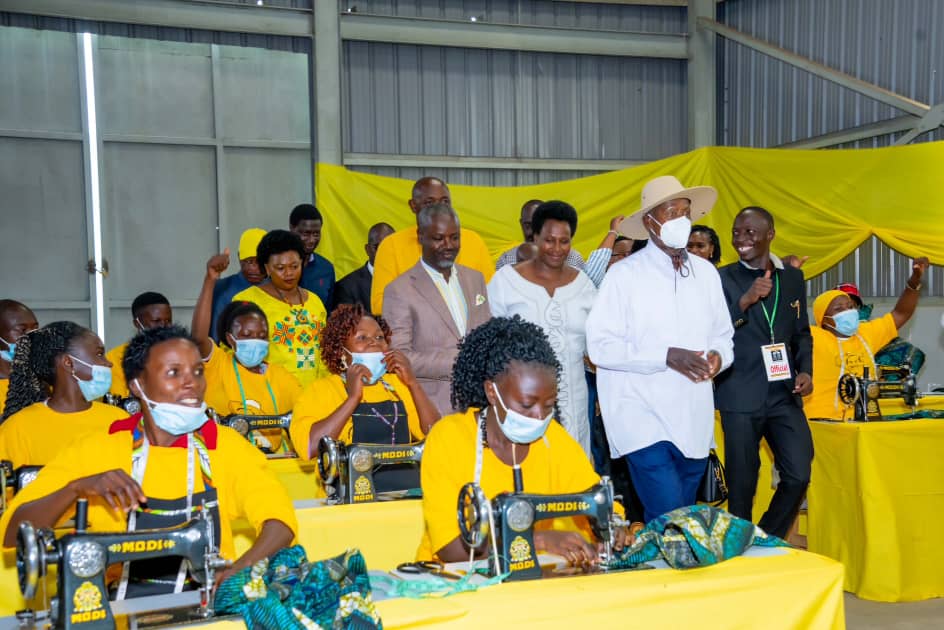
President Museveni also criticized local resistance to the implementation of Universal Primary and Secondary Education (UPE and USE), blaming some leaders for prioritizing other agendas over children’s future.
“We introduced money for free education, but it was never fully implemented. In Ntoroko, for example, they told me that only 30% of children who start nursery school reach Primary Seven. That is very bad,” he said.
“That’s why I went back to Luweero and said, ‘I am going to start Presidential Skilling Hubs in every zone.’ No one can stop me. I am the one here.”
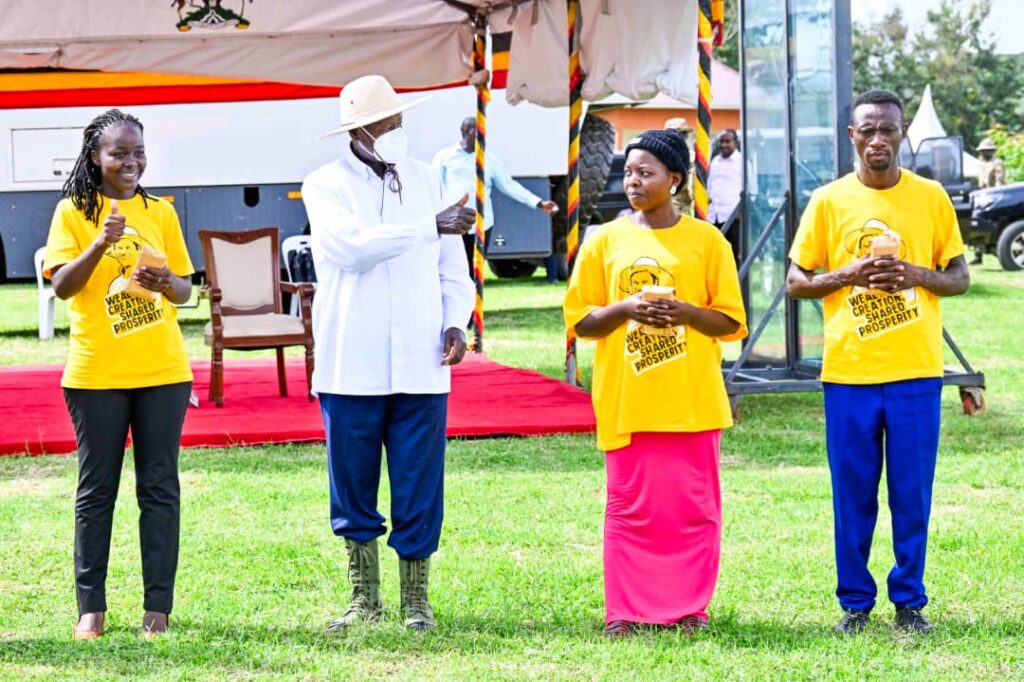
Unlike UPE and USE, which mostly serve day scholars, President Museveni emphasized that the Skilling Hubs are fully residential and offer a more comprehensive package.
“What I am doing here is more expensive than UPE or USE. These children are accommodated with bedding, food and medical care. We are serious about giving them a future,” he stated.
The President also mentioned that he has directed the State House Comptroller, Ms Jane Barekye, to begin planning the expansion of the hubs to accommodate more learners and include additional technical trades.
“We want to expand these hubs to house at least 500 learners. We shall build more dormitories and training sheds for motor mechanics, plumbing, electrical installation, weaving, and more,” he said.
To support the graduates, President Museveni announced that funding would be directed to district-based SACCOs rather than zonal ones, so that youth can easily access start-up capital after completing their training.
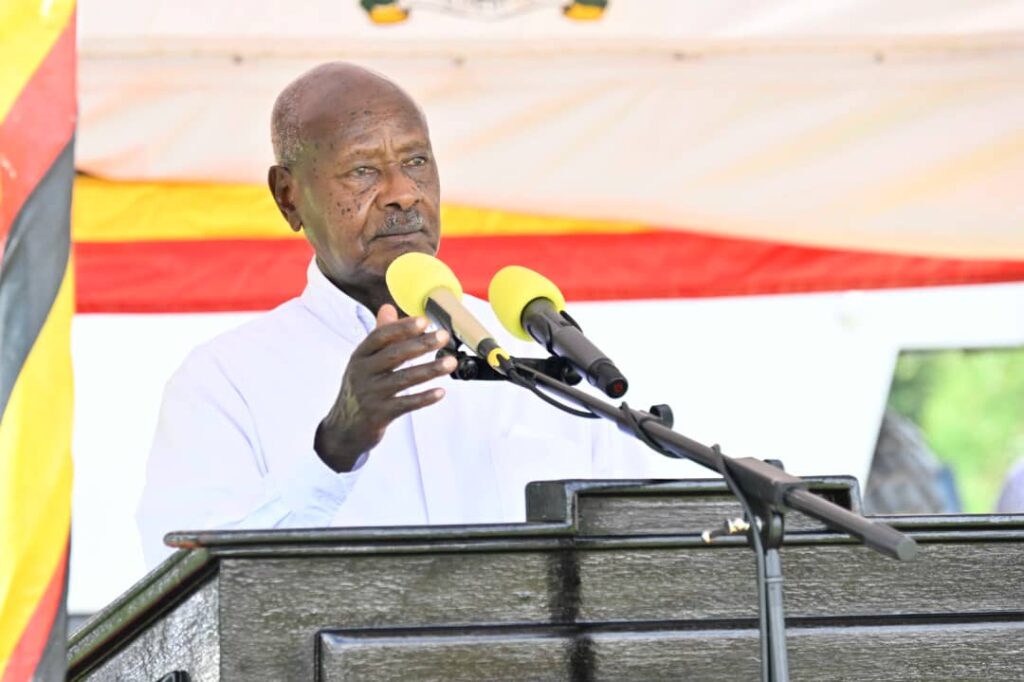
“The training will remain at the zonal hubs, but the SACCOs for graduates will be at the district level, where people can easily access them,” he said.
On his part, the Deputy Speaker of Parliament, Rt. Hon. Thomas Tayebwa commended the government’s efforts in transforming the lives of young Ugandans through the Presidential Zonal Industrial Hubs, describing the initiative as a powerful tool for restoring hope and empowering school dropouts to become job creators.
Rt. Hon. Tayebwa said the testimonies from the beneficiaries were proof that visionary leadership can revive lost dreams.
“The testimonies we are getting here are a true reflection that when you have a leader who is intentional and visionary, he can restore hope to those who had lost it,” he said.
“That’s exactly what is happening here for these young people, especially those who had dropped out of school. They have been given a second chance and most of them are taking advantage of it.”
The Kasese Resident District Commissioner , Lt. Joe Walusimbi, also hailed the establishment of the Skilling Hub in the Rwenzori sub-region as a game changer in youth empowerment, job creation, and the transition to a money economy.
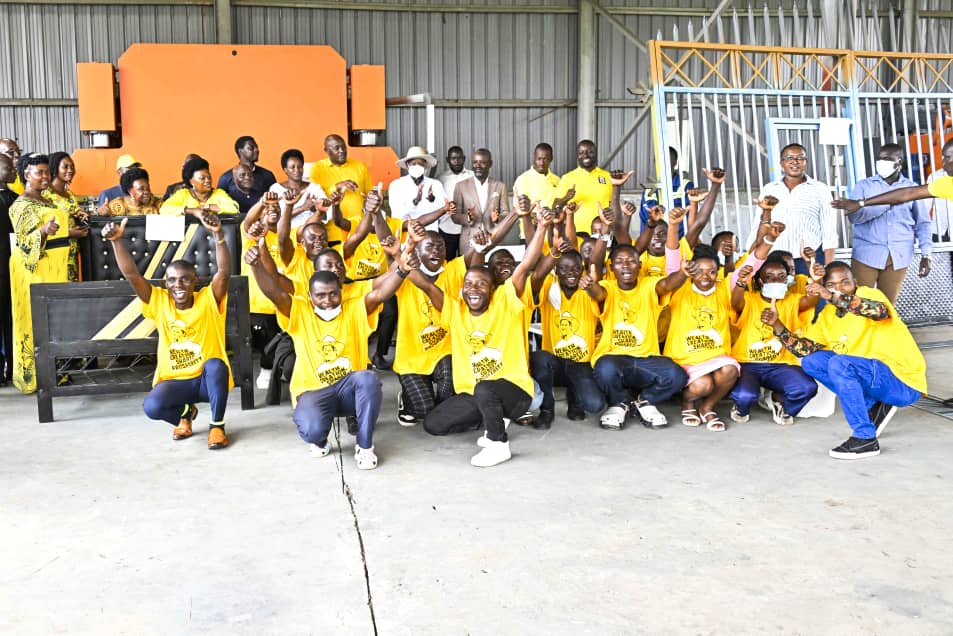
“We are deeply honoured to welcome Your Excellency to Kasese, and in particular to the Presidential Zonal Skilling Hub, this hub is not just a structure, it is a fountain of opportunity for our young people,” he said.
He revealed that the hub enrolls 240 trainees every six months, and to date, 897 youth have been trained including 378 females and 519 males.
“This is a direct investment in our future,” Lt. Walusimbi noted.
“The hub has created more than 37 employment opportunities, from the manager, assistant manager, and instructors all drawn from the Rwenzori sub-region.”
.